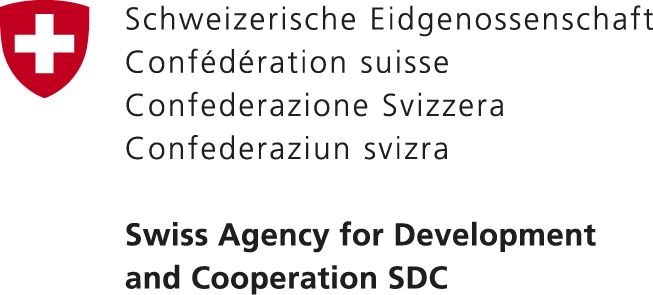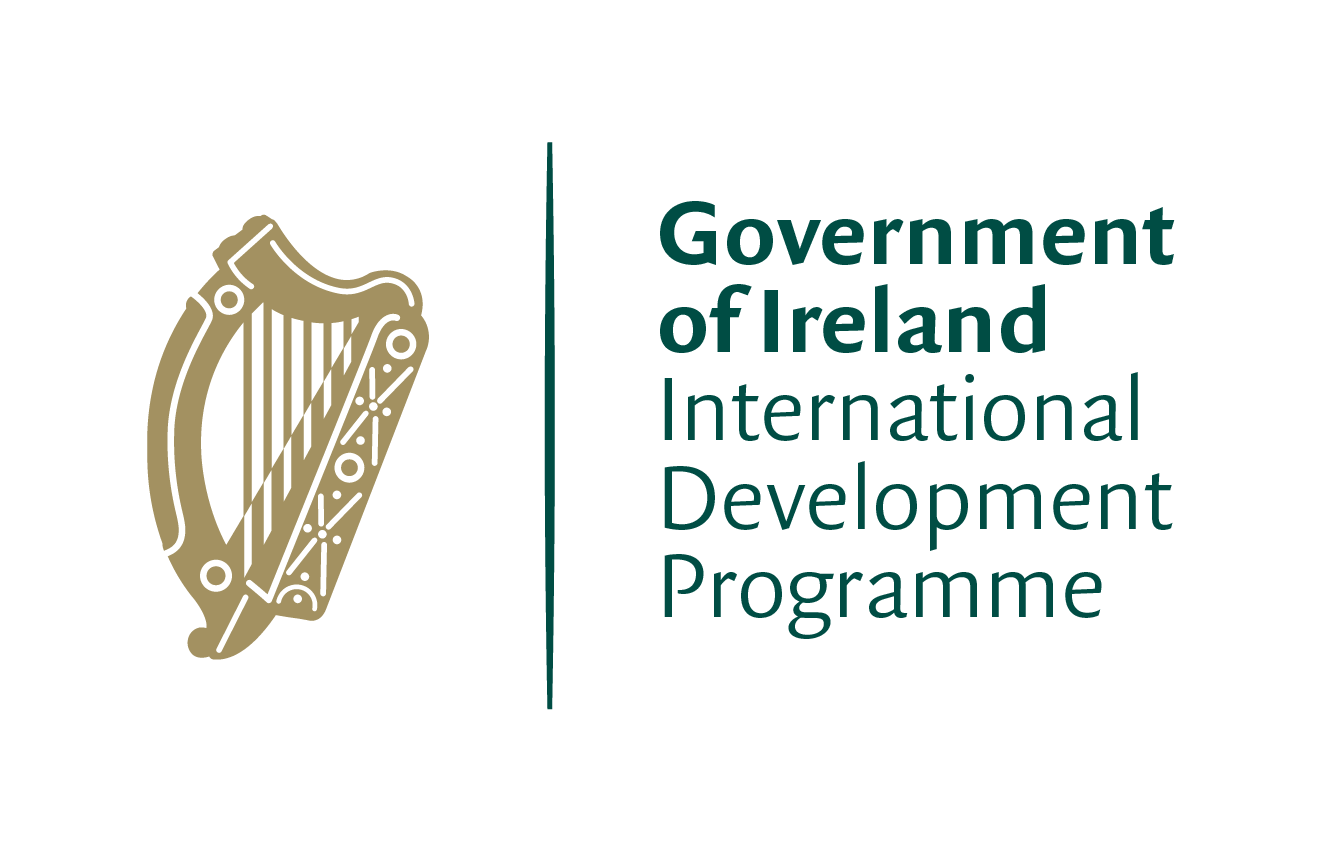The Issue
Climate change, deforestation, and resource extraction often disproportionately impact indigenous communities, threatening their livelihoods and cultural heritage. For many indigenous people, the land is not just a resource but a sacred entity. Their cultural identity and spiritual practices are intertwined with the natural world, providing strong motivation for conservation. Their practices, such as shift and burn cultivation, can enhance ecosystem health. Recognizing and respecting indigenous rights, including their right to land and identity, is essential for effective conservation and a just and equitable future.
The Project
The project aims to support communities that are dependent on access to land and natural resources and focuses on the most vulnerable. This does not only include indigenous communities, but also rural farmers whose livelihood is dependent on farming. DCA follows a human rights-based approach that helps civil society hold duty bearers accountable while also considering climate change and the ecological management of natural resources in selected communities.
The Change
The project aims to empower and equip communities to claim their rights and strengthen their knowledge on sustainable and climate-smart use of natural resources.
The Results
To be officially recognized as an Indigenous People Community, groups need to show that they share a common ethnicity, culture, traditions, and land stewardship. Once they receive their self-identification certificate, the next step is for the community to apply for legal recognition with the Ministry of Interior. After being recognized as a legal entity, the group can then apply for a collective land title with the Ministry of Land Management, Urban Planning, and Construction.
In the first year, a Kui community in the Andas village in Sala Visai commune, Kampong Thom, received a self-identification certificate from the Ministry of Rural Development. This was made possible thanks to a partnership between the Cambodia Indigenous Peoples Organization, Action for Development, and other stakeholders, who worked together to secure funding for a special event that would help the community to declare their identity. With this support, the Ministry of Rural Development and the Provincial Department of Rural Development helped the community start the official process of receiving self-identification certificates, which confirm their identity as a specific ethnic group within the village.
Our Work
DCA promotes sustainable livelihoods for smallholder farmers and supports increased agricultural production and income by introducing innovative drought-resistant agricultural technologies and agro-ecology, with ecological principles in designing and managing farm systems to minimize external and artificial inputs such as chemical fertilizers. Agroecology empowers smallholder farmers to strengthen their relationships with consumers, promoting the resilience of our food system. By applying agroecology, the project builds on holistic strategies to build long-term soil fertility, healthy agro-ecosystems, and secure livelihoods.
Agroecology is the science of applying ecological concepts and principles to the design and management of sustainable food systems. It builds on holistic strategies to build long-term fertility, healthy agro-ecosystems and secure livelihoods.
About the project
Full title: Land Access and Protection of Natural and Indigenous Resources (LAPNIR)
Period: October 2023 – September 2027
Partner: Cambodia Indigenous People Organization (CIPO), Cambodia Indigenous Women Association (CIWA), Sustainable Soil for Life Assocation (SSLA), Action for Development (AFD)
Expected number of people reached: direct beneficiaries 28,372 (13,559 women), indirect beneficiaries 101,018 (48,632 women).
Main Donors: Swiss Agency for Developement & Cooperation and Irish Aid



